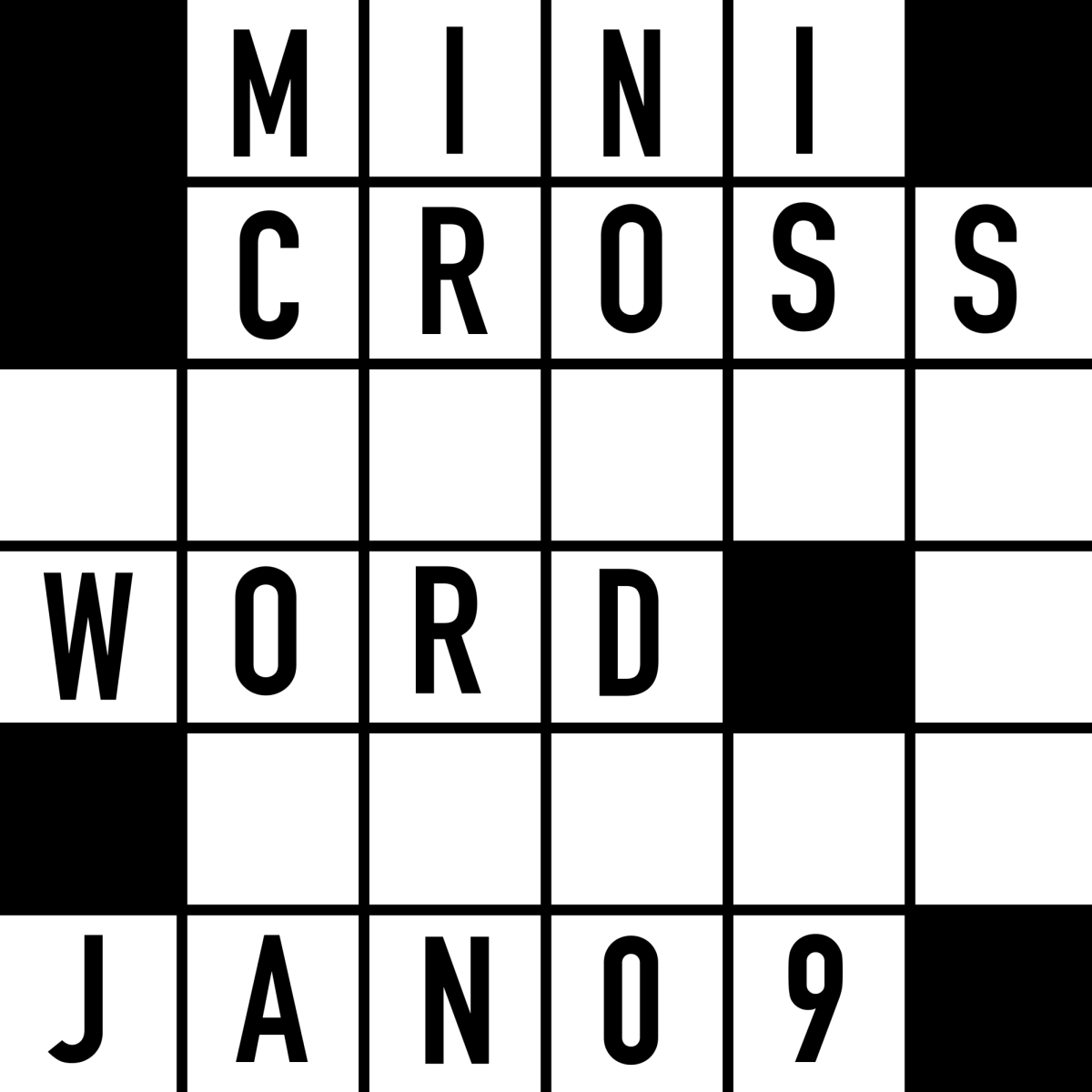Upon release, “Megalopolis” saw mixed reviews from critics. Some viewed it as an absolute masterpiece, while others viewed it as the worst film of the year. When I sat down for my Friday night showing of “Megalopolis,” only one other person joined me in the theater. I hoped for the best. Unfortunately, what I saw that night could best be described as a disaster.
“Megalopolis” is the brainchild of famed director Francis Ford Coppola, who has attempted to get the movie in production since 1982. In the late 1970s, Coppola became interested in the fall of the Roman Republic, which gave him the idea to write a Roman Epic. Unfortunately, production was delayed frequently as he faced multiple failures from his studio, American Zoetrope. 42 years later, his vision finally came to fruition. Despite Coppola’s decades of work to develop this story, his effort does not translate onto screen.
The film is set in a near-future New York City, named New Rome. It begins pretty straightforwardly, introducing our two main characters: Cesar and Cicero. Our protagonist, visionary architect Cesar Catalina, strives to build a utopia called “Megalopolis,” using a gold-like material he invented, Megalon. Cesar’s main rival is New Rome’s mayor, Cicero who refuses to accept Cesar’s plans to reinvent the city. Cesar has the unique ability to stop time, a talent that proves useless for the entirety of the story. He shares this gift with Julia, the mayor’s daughter, who Cesar falls in love with. Although the story appears simple, by the second half of the film, it almost feels like there is no longer any main narrative, just several underdeveloped, disjointed subplots. Some include a young pop star who falls victim to a deepfake video, a conspiracy surrounding Cesar’s dead wife, an assassination attempt, and a Russian satellite that is headed straight for New Rome. “Megalopolis” quickly becomes a film where lots of things happen, but none to drive the story forward.
Cesar’s idea of a utopia is vague and hollow, providing the viewer with no real incentive as to why we should support Cesar in his strive to build Megalopolis. We see a few examples hinting at New Rome as a corrupt city, filled with protesting citizens and uninhabitable streets, but we never understand how it got this way, or what changes Cesar’s Megalopolis would make to benefit the people, besides look prettier.
Every performance is forgettable, despite the endless amount of talented and recognizable faces in the cast. Adam Driver as Cesar is flat, Aubrey Plaza as Wow Platinum (yes, that is really her name) is a mess, and Nathalie Emmanuel as Julia is extremely bland. I would say the actors aren’t to blame for their misguided characters, but rather the poor writing choices. Even in the second half of the film, when Cesar faces various challenges with his project, I couldn’t find myself sympathizing with his struggles.
The dialogue is boring at best and incomprehensible at worst. Often, characters use flowery, Shakespearean wording to convey the simplest messages. Cesar frequently delivers long monologues that I couldn’t bother to listen to, tuning out the noise until the next scene, which left me lost. When I did listen, the writing barely moved the plot forward, saying a whole lot of nothing.
Not even the cinematography could serve as a redeeming quality for this film. Visuals that could have looked alright were spoiled by terrible-looking CGI, which is shocking for a movie like this that relies heavily on them to create the awe and magic of Megalopolis. Shots taken on top of skyscrapers looked incredibly cheap, clearly done with a green screen and a fan, taking you completely out of the action. Moreover, other scenes featured nauseating editing that furthered the confusion.
I can applaud Coppola for his persistence and ambition to create “Megalopolis” after years of trying to get it off the ground, but I would be lying if I said I wasn’t relieved when the film was finally over.
On this blog, members of the Carmel High School chapter of the Quill and Scroll International Honorary Society for High School Journalists (and the occasional guest writer) produce curations of all facets of popular culture, from TV shows to music to novels to technology. We hope our readers always leave with something new to muse over. Click here to read more from MUSE.






























![AI in films like "The Brutalist" is convenient, but shouldn’t take priority [opinion]](https://hilite.org/wp-content/uploads/2025/02/catherine-cover-1200x471.jpg)













































![Review: “The Immortal Soul Salvage Yard:” A criminally underrated poetry collection [MUSE]](https://hilite.org/wp-content/uploads/2025/03/71cju6TvqmL._AC_UF10001000_QL80_.jpg)
![Review: "Dog Man" is Unapologetically Chaotic [MUSE]](https://hilite.org/wp-content/uploads/2025/03/dogman-1200x700.jpg)
![Review: "Ne Zha 2": The WeChat family reunion I didn’t know I needed [MUSE]](https://hilite.org/wp-content/uploads/2025/03/unnamed-4.png)
![Review: Few biopics succeed, but “Better Man” does [MUSE]](https://hilite.org/wp-content/uploads/2025/02/MV5BODU1NmRkZWUtOTY5NS00MjQwLTk4NGYtYTEzOTRkNWI3NzYxXkEyXkFqcGc@._V1_-960x1200.jpg)
![Review in Print: Maripaz Villar brings a delightfully unique style to the world of WEBTOON [MUSE]](https://hilite.org/wp-content/uploads/2023/12/maripazcover-1200x960.jpg)
![Review: “The Sword of Kaigen” is a masterpiece [MUSE]](https://hilite.org/wp-content/uploads/2023/11/Screenshot-2023-11-26-201051.png)
![Review: Gateron Oil Kings, great linear switches, okay price [MUSE]](https://hilite.org/wp-content/uploads/2023/11/Screenshot-2023-11-26-200553.png)
![Review: “A Haunting in Venice” is a significant improvement from other Agatha Christie adaptations [MUSE]](https://hilite.org/wp-content/uploads/2023/11/e7ee2938a6d422669771bce6d8088521.jpg)
![Review: A Thanksgiving story from elementary school, still just as interesting [MUSE]](https://hilite.org/wp-content/uploads/2023/11/Screenshot-2023-11-26-195514-987x1200.png)
![Review: "When I Fly Towards You", cute, uplifting youth drama [MUSE]](https://hilite.org/wp-content/uploads/2023/09/When-I-Fly-Towards-You-Chinese-drama.png)
![Postcards from Muse: Hawaii Travel Diary [MUSE]](https://hilite.org/wp-content/uploads/2023/09/My-project-1-1200x1200.jpg)
![Review: "Ladybug & Cat Noir: The Movie," departure from original show [MUSE]](https://hilite.org/wp-content/uploads/2023/09/Ladybug__Cat_Noir_-_The_Movie_poster.jpg)
![Review in Print: "Hidden Love" is the cute, uplifting drama everyone needs [MUSE]](https://hilite.org/wp-content/uploads/2023/09/hiddenlovecover-e1693597208225-1030x1200.png)
![Review in Print: "Heartstopper" is the heartwarming queer romance we all need [MUSE]](https://hilite.org/wp-content/uploads/2023/08/museheartstoppercover-1200x654.png)


![Review: “Megalopolis” is a bold, bewildering mess [MUSE]](https://hilite.org/wp-content/uploads/2024/10/MV5BYTk3MjUzMGItYmU1NC00M2YyLThmNDMtNDI4NjkxNjgzMjQzXkEyXkFqcGdeQXRyYW5zY29kZS13b3JrZmxvdw@@._V1_-1200x675.jpg)
Arielle Fotso • Oct 23, 2024 at 3:08 pm
I love keira kress